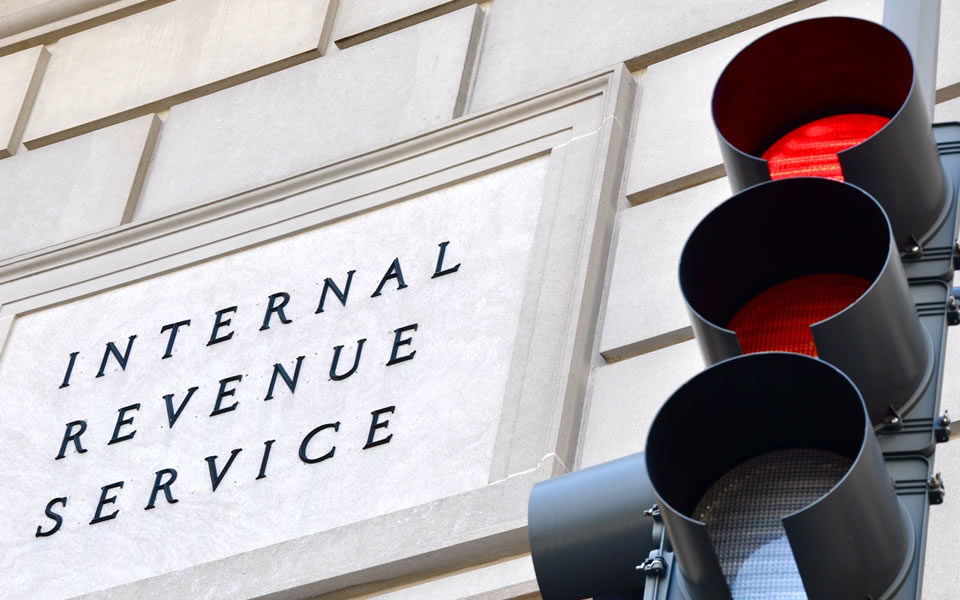Tips in Dealing with the IRS: Late Filing and Failure to File Penalties
By Jennifer Yang, Manager, Tax & Business Services
Dealing with the IRS is part of a Marcum Tax Department member’s daily job as our clients either have audits or notices regarding their tax returns that need to be addressed. Our first priority is always to remove the anxiety and worry from our client’s mind. The most common notices we encounter deal with business entity late filing and failure to file penalties.
The IRS assesses a failure-to-file penalty of 4.5% of the unpaid taxes for each month, not to exceed 25% of the total unpaid taxes. If a partnership, which is a non-tax paying entity, fails to timely file its Form 1065, the penalty charge is $205 per month up to a maximum of 12 months. In addition, the penalty amount is multiplied by the total number of partners in the partnership during any part of the tax year. Depending on the size of the partnership, these penalties can exceed $10,000.
First Time Abatement (FTA)
The IRS gives taxpayers a chance to correct filing errors. In 2001, the IRS introduced the First Time Abatement (FTA) policy which was later modified in 2017. FTA is available for three penalties:
- FTF – Failure to file
- FTP – Failure to pay
- FTD – Failure to deposit (941s)
To qualify for FTA, the taxpayer has to meet all the following criteria:
- Did not previously file a return or incurred no penalties for the three tax years prior to the tax year in which a tax penalty is received.
- Is current with all required tax returns or filed an extension to file.
- Has paid or arranged to pay any tax due.
FTA does not apply to Form 1120 C-Corp returns, Form 706 estate tax returns and Form 709 gift tax returns.
If a taxpayer fails to qualify for FTA, reasonable cause for the late filing or failure to file must be considered. Examples include:
- Natural disaster, fire, casualty or other uncontrollable circumstances.
- Death, serious illness of the taxpayer or the taxpayer’s immediate family.
- Inability to obtain records.
- Erroneous advice.
- Other reason that establishes the taxpayer used all ordinary business care and prudence to meet the federal tax obligation but was still unable to do so.
It’s easier for the agent to accept reasonable cause if the taxpayer has a clean compliance history of timely filing and paying. Certain domestic partnerships with 10 or fewer partners are not subject to the penalty if all partners have filed their individual income tax returns on time, including extension. However, this rule does not apply to larger partnerships with non-individual partners.
Taxpayer Advocate Service (TAS)
The last resource for a late filing or failure to file penalty waiver is the IRS Taxpayer Advocate Service (TAS), which is an independent office within the IRS. The purpose of this office is to resolve taxpayer issues and disputes and make sure a taxpayer’s rights are protected. Advocates work differently from other IRS agents. They represent the taxpayer’s best interest and ensure the taxpayer’s case is handled fairly and appropriately, acting as a liaison between the taxpayer and the IRS.
Each state has at least one Local Taxpayer Advocate who is independent of the local IRS office and reports directly to the National Taxpayer Advocate. The Advocate’s office can be contacted at any time (1-877-777-4778). Download Form 911 – Request for Taxpayer Advocate Service Assistance from the irs.gov website and send it to the advocate office in your state. You should receive a phone call from your advocate within two or three business days after Form 911 is received.
The above represent certain provisions within the IRS rules enabling taxpayers to avoid penalties in specific situations. If you find yourself in a penalty situation, please contact your Marcum tax advisor.







